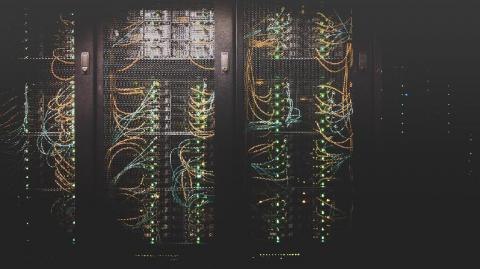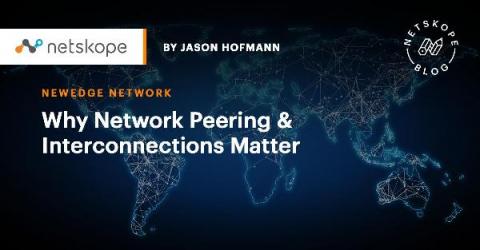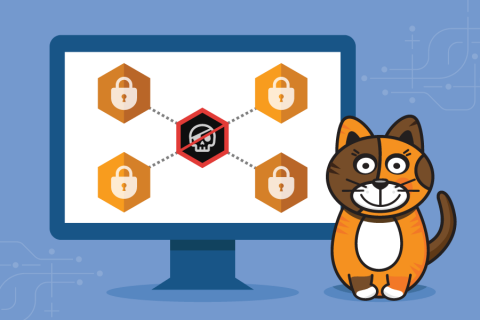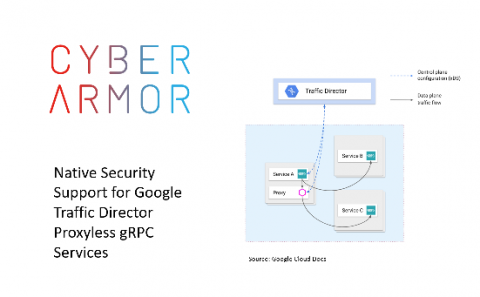Data security vs. network security: What should your business prioritize?
Many businesses that have allowed employees to continue working from home for the foreseeable future are aware that they need to update their cybersecurity. It’s likely that they have allocated some budget and IT resources to make those necessary changes. However, IT budgets are finite. Given the economic disruption of the pandemic, enterprises must strategically decide where to invest their cybersecurity budget most effectively.










